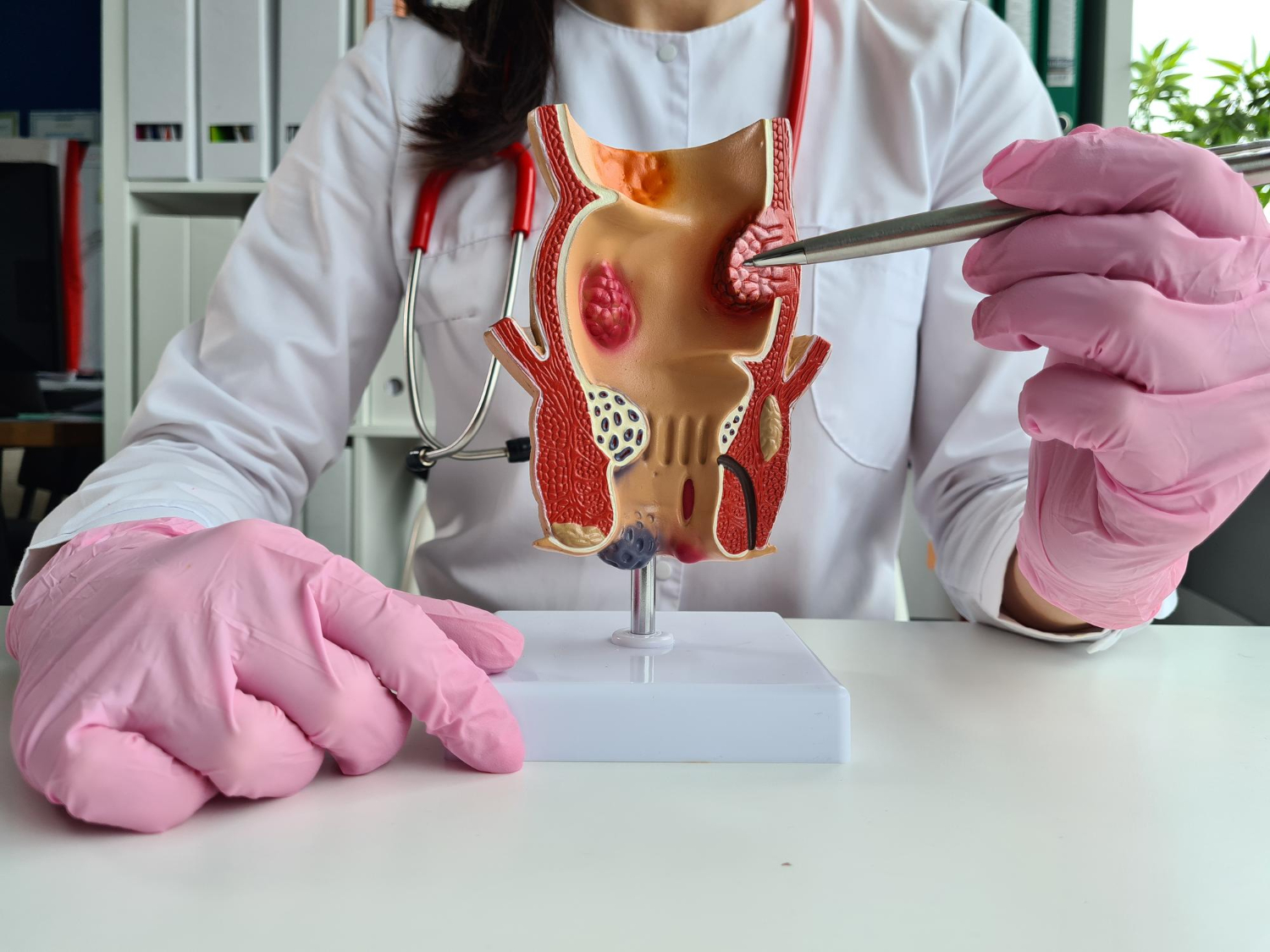
Geniculate Artery Embolization (GAE)
A revolutionary treatment for chronic knee pain due to arthritis. The treatment works by reversing abnormal blood vessel growth around the joint that is responsible for excessive inflammation, which causes increased pain and sometimes joint swelling. The treatment is a minimally invasive in-office procedure that is typically only performed once, so the results are long lasting for years. Research has shown the treatment to be highly effective, 85-90% of patients getting favorable results and is also very safe with only a minor risk of side effects.

Uterine Fibroid Embolization (UFE)
Uterine Fibroids are a benign tumor in the uterus in females during child bearing years. In some women, the fibroids can become enlarged and begin causing significant pain and disability. Symptoms include heavy bleeding and pain during periods, frequent urination, constipation, painful intercourse, pelvic pain and sometimes lower back pain. Traditionally a hysterectomy would be considered if the symptoms are severe and debilitating, but during child bearing years that can be a difficult option for women planning to have a family. UFE or uterine fibroid embolization is a minimally invasive procedure performed in the office that will help shrink the fibroid and alleviate symptoms all while preserving the uterus, making surgery obsolete and preserving the ability to plan for a family.

Varicose Vein Ablation
Varicose veins can be a painful and unsightly condition that develops in the legs due to a variety of reasons including genetics, age, history of pregnancy, smoking, obesity, gender and prolonged standing. Women are 3x more likely than men to develop varicose veins. Varicose veins, while not pleasant to look at, pose significant health risks due to the underlying cause related to venous reflux in the valves of the veins, which can lead to pulmonary embolism due to blood clot formation. Patients with varicose veins are 9 times more likely to develop Deep Vein Thrombosis also known as a blood clot in the leg, which can cause a pulmonary embolism if left untreated.

Hemorrhoid Artery Embolization
Painful and recurrent hemorrhoids can be difficult to live with, but the thought of surgery for some people is just as bad or worse. Hemorrhoid Artery Embolization is a minimally invasive procedure performed in the office without having to go through the anus. The procedure is performed lying face up and the physician accesses the femoral artery with a small catheter. The Superior Rectal Artery is found under X-ray through a network of blood vessels connecting to the femoral artery. Once the branches of the Super Rectal Artery are found via angiography (contrast dye injected into the vessels), small beads are then injected to reduce blood flow through the CCR or Corpus Cavernosum Recti, which ultimately leads to an improvement or resolution of symptoms. The great news is the procedure is very safe with little risk of documented side effects and the patient can return to work the next day.